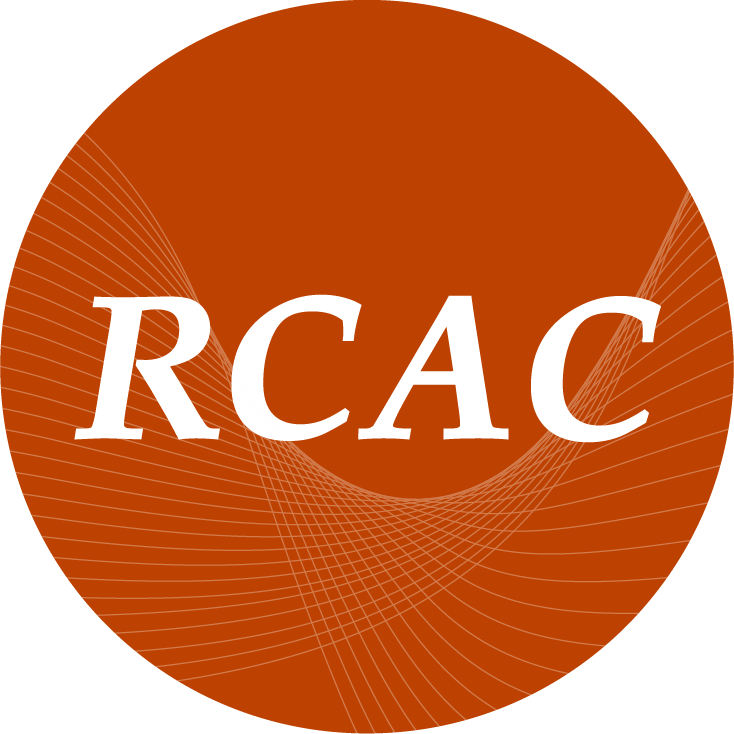I am Yong-Juan Xin, from School of public health, Zhengzhou university, Henan Province, China. I got my Bachelor' s Degree in Central China Normal University, major in biotechnology. And then, I went to the University of Chinese Academy of Sciences, Institute of Neuroscience, Shanghai Institutes for Biological Sciences, to pursuit for my PhD degree until 2015. I focused my research on metal homeostasis regulated by the brain and its mechanism in neurodevelopmental and neurodegenerative disorders. Iron and manganese play an important role in the normal physiological process of the body. The homeostasis of trace elements in the body is closely related to their importers and exporters. When ions deficiency, the protein level of importers will increase, and the expression level of exporters will decrease; vice versa. Our research had found that the ions homeostasis regulation is not only inside one organ, but may also be regulated far from the nerves system. Clarify the regulation of ion homeostasis from the nervous system to a signal organ will broaden our understanding of the regulation of ion homeostasis. Due to the influence of environmental or genetic factors, some individuals will present diseases accompanied by abnormal accumulation of trace elements in the body, including but not limited to Mental Retardation, Autism, ADHD, and early-onset Parkinson's Syndrome. They may be directly or indirectly involved in the signaling pathway of the occurrence and processes of neuronal diseases. This will broaden our understanding of key genes in neurological diseases. And also help us treat, prevent and control this type of disease. To date, I have published 18 research articles in reputable journals such as Cell Discovery, Aging Cell, Scientific Reports, Nutrients, Frontiers in Pediatrics, Journal of Neurochemistry, Environmental Health, Journal of Biological Macromolecules, Ecotoxicology and Environmental Safety, and Frontiers in Physiology. One of my notable publications is a 2017 paper in Cell Discovery, which has received 95 citations. Currently, my Google Scholar H-index stands at eight, showing a slight decrease. Last year, I was a visiting scholar in Singapore for one year, where I actively participated in international conferences almost every week. I have already peer-reviewed approximately ten manuscripts, which has sparked my interest in becoming a peer reviewer. While I have not yet authored any editorials for academic journals, I am eager to gain experience in this area and would greatly appreciate your assistance in doing so. For the recent five years, my research has primarily focused on metal homeostasis regulation by the brain and its mechanisms in neurodevelopmental and neurodegenerative disorders. Specifically, I have been investigating the impact of maternal iron deficiency on short-term developmental disorders in younger offspring and long-term mood effects in adult offspring. Utilizing advanced AAV-mediated gene therapy techniques and cutting-edge neurocircuit tools, my aim is to elucidate the key factors and neuron circuity influencing the brain's response to nutrients and develop potential strategies based on this knowledge. My ultimate objective is to unravel the mechanisms underlying how the brain detects and processes nutrients, with the goal of applying this understanding to the treatment of various disorders. I excel in listening, accurately comprehending and capturing the main points of others' conversations, and promptly responding to their requirements. Additionally, I possess strong teamwork skills, adept at managing diverse relationships to ensure the seamless advancement of projects. During my leisure time, I enjoy practicing yoga. I typically engage in yoga sessions 3-4 times a week, either at home or in group classes with friends. The sense of relaxation and tranquility that yoga provides is I deeply cherish.









